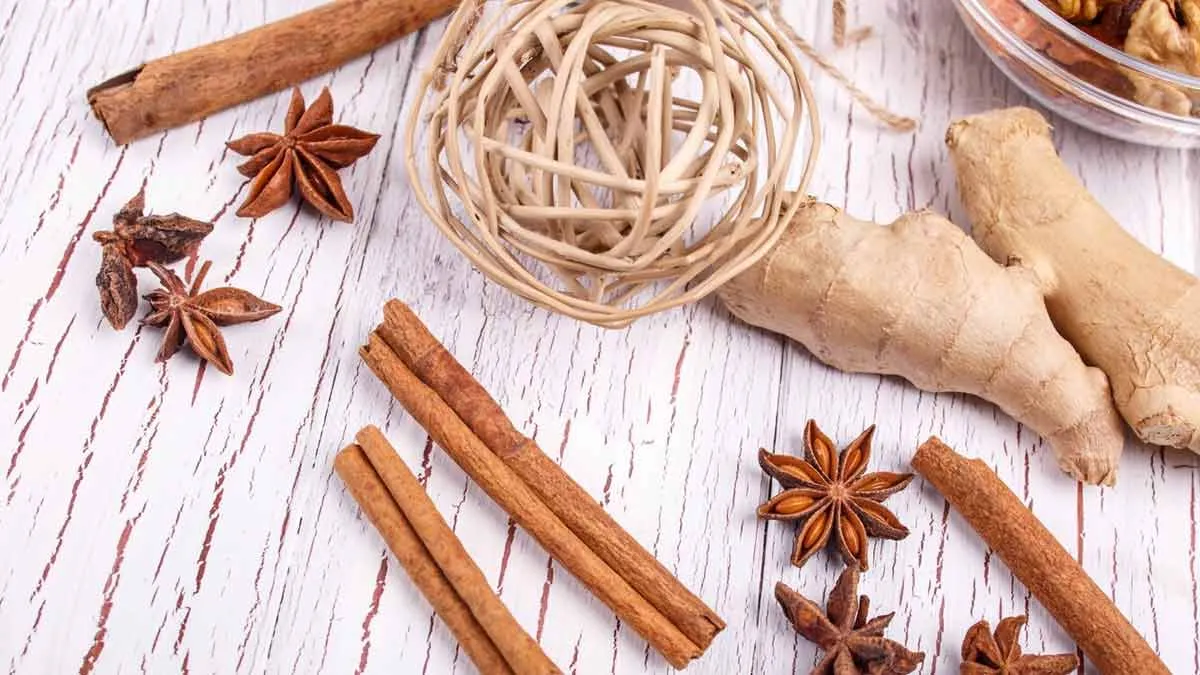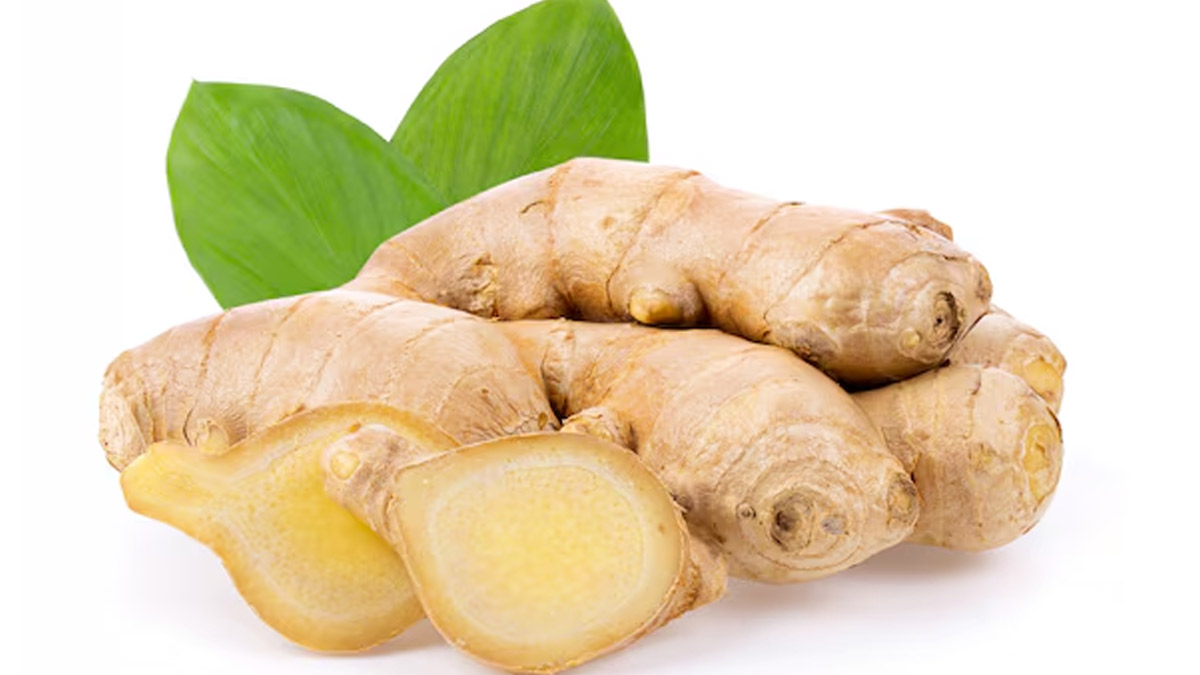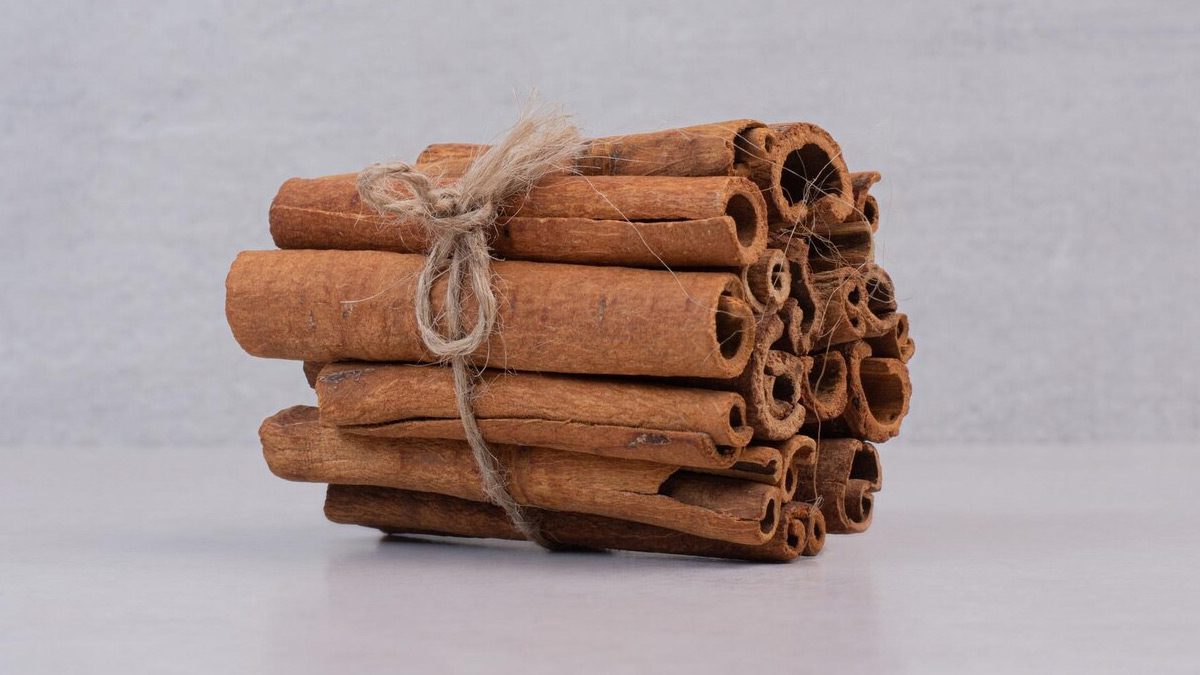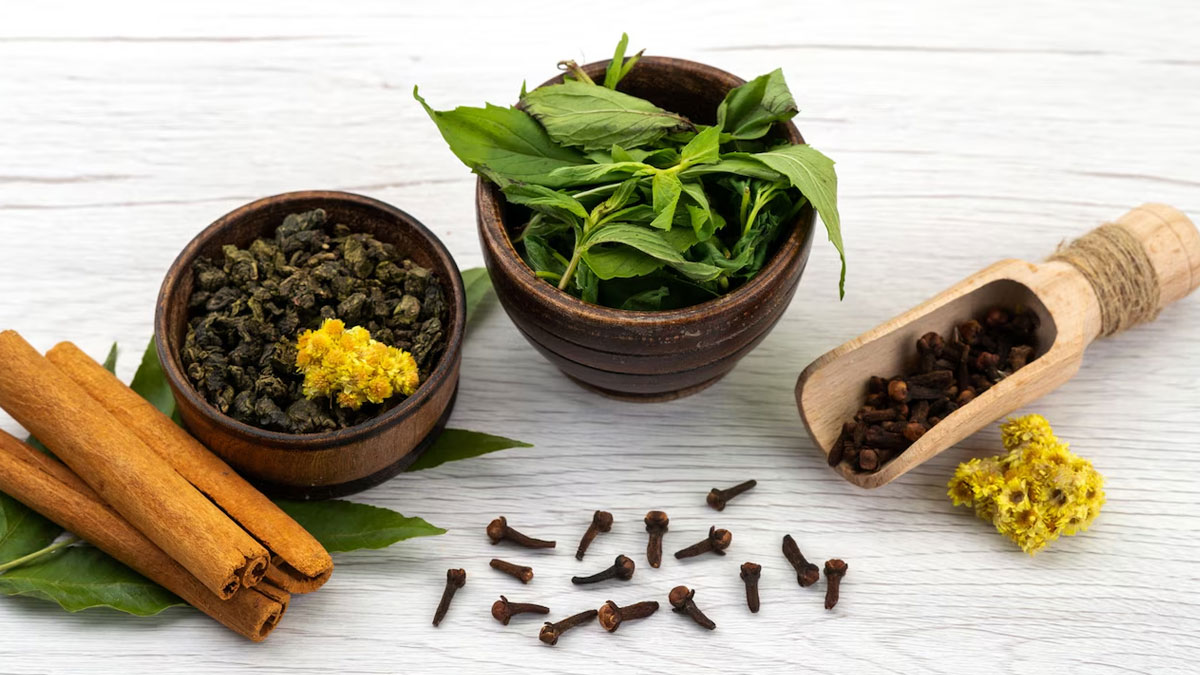
Have you ever sipped on ginger tea or kadha as soon as you felt a cold coming on? Most of us have. In Indian homes, spices like ginger and cinnamon are the first things we turn to during the seasonal flu. They’ve been trusted for generations to ease sore throats, coughs, and blocked noses. But do they work, or do they just make us feel better? Let’s find out what these spices do and what science has to say.
Table of Content:-
What Is Seasonal Flu?

Seasonal flu (or the flu) is a viral illness that infects the nose, throat, and sometimes the lungs. It's caused by influenza viruses that evolve slightly each year. Symptoms usually include:
- Fever and chills
- Cough and sore throat
- Runny or blocked nose
- Body aches
- Fatigue
Most people get better in a week or two, but flu can sometimes result in serious complications, particularly in children, older adults, or individuals with weakened immunity.
Since it’s viral, antibiotics don’t work against the flu. It's all about relieving symptoms and supporting the immune system, and that's where spices fit in.
Also Read: Dealing With Viral Fever Infections: Here Are Tips To Manage And Prevent Seasonal Flu
The Healing Power of Ginger

Ginger (Zingiber officinale) has been used in Ayurveda and traditional medicine for centuries for colds, coughs, and gastrointestinal disorders. But what does modern research say?
- Anti-inflammatory and Antiviral Properties: According to a 2013 study published in the Journal of Ethnopharmacology, fresh ginger has compounds that can block viral attachment to cells and may help fight respiratory infections.
- Relieves Nausea and Sore Throat: Gingerols, the bioactive compounds in ginger, have been found to soothe sore throats and reduce the urge to cough. They also help with nausea, which some people experience during the flu.
- Boosts Circulation: Ginger warms the body and can aid in improved circulation, which can alleviate chills and body aches.
What About Cinnamon?
Cinnamon (Cinnamomum verum or C. cassia) isn’t just a delicious spice; it’s also packed with health benefits.

- Rich in Antioxidants: Cinnamon is rich in cinnamaldehyde, a compound that has antioxidant and antimicrobial action.
- Antiviral Potential: In a 2016 study, silver nanoparticles based on cinnamon exhibited good antiviral activity in test tube experiments, inhibiting H7N3 virus infectivity in cultured cells, either before or subsequent to infection, with no cytotoxicity at the doses tested.
- Supports Immune Health: Its anti-inflammatory and immune-boosting effects can support the body during infections and speed up recovery.
It is important to understand that these studies are mostly lab-based and use concentrated cinnamon extracts. The small amount in your kadha or tea may help soothe symptoms, but it’s not a cure.
Can Spices Cure the Flu?
No, ginger, cinnamon, or any spice can't completely cure the flu. The body needs time (and rest) to fight off the virus naturally. But these spices:
- Support immunity
- Relieve symptoms like a sore throat and congestion
- Provide warmth and hydration (especially when consumed in teas or soups)
In other words, they complement your body’s healing process; they don’t replace proper rest, hydration, or medical care if needed.
Also Read: Desi Ghee For Seasonal Flu: Here Are 5 Smart Ways To Use Ghee For Cold, Cough, And Fever
Other Helpful Spices During Flu Season
Several other spices besides ginger and cinnamon can be used in Indian households to accelerate recovery during flu season:

- Turmeric (haldi): Contains curcumin, a powerful anti-inflammatory compound.
- Black pepper (kali mirch): Improves absorption of curcumin and helps clear nasal congestion.
- Cloves (laung): Known for their antibacterial and pain-relieving properties.
- Tulsi (holy basil): May reduce respiratory symptoms and boost immunity.
How to Use These Spices Safely
- Don't overdo it: Consume cinnamon in limited quantities, as overconsumption can lead to liver problems because of coumarin.
- Fresh is better: Fresh tulsi and ginger are stronger than dried or powdered ones.
- Avoid on an empty stomach: Certain spices may lead to acidity or irritation if consumed early in the morning.
When to See a Doctor
If your flu symptoms worsen or don't improve within 3-5 days, or if you experience severe symptoms like difficulty breathing, high fever, chest pain, or dehydration, don't rely on home remedies alone. Seek medical attention immediately.
Bottomline
Ginger and cinnamon spices won't eradicate the flu virus overnight, but they are not useless either. If used with caution, they can calm your symptoms, aid in recovery, and provide the kind of comfort that even medication sometimes cannot.
[Disclaimer: This article contains information for informational purposes only. Hence, we advise you to consult your professional if you are dealing with any health issue to avoid complications.]
Also watch this video
How we keep this article up to date:
We work with experts and keep a close eye on the latest in health and wellness. Whenever there is a new research or helpful information, we update our articles with accurate and useful advice.
Current Version